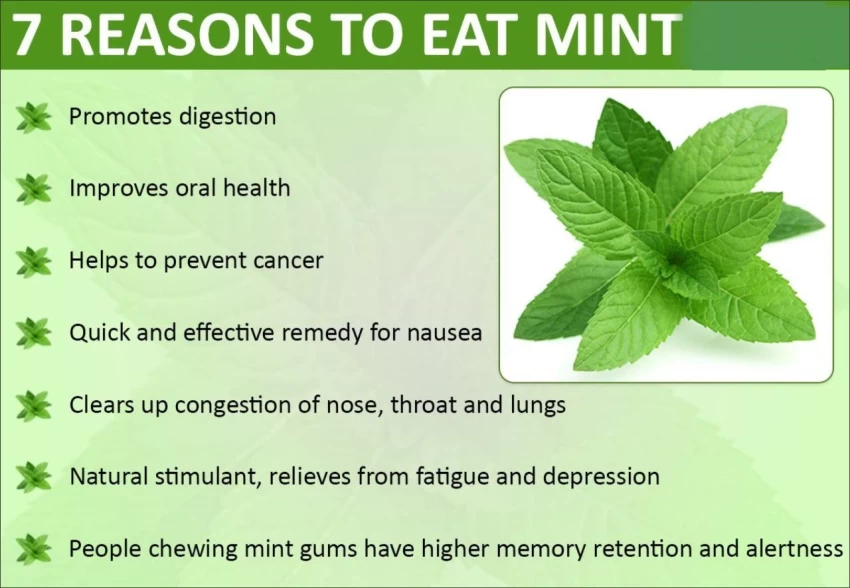Introduction

Mint, known scientifically as Mentha, is a popular herb used worldwide for its refreshing flavor and numerous health benefits. One of the varieties, Mentha piperita (Peppermint), is commonly referred to in various cultures as “mint.” Mint belongs to the Lamiaceae family and is often used in culinary, medicinal, and cosmetic products due to its aromatic leaves and essential oils. The herb is also referred to by its scientific name Podena, a term that may be used interchangeably with certain mint species in various contexts.
Different Forms of Mint (Podena)
Mint is available in several forms, making it versatile for different applications. The key forms include:

- Fresh Mint Leaves: These are the most common and widely used form, perfect for garnishing food and beverages or making tea.
- Dried Mint: Dried mint is used in culinary dishes and herbal teas, preserving much of the flavor but with a more concentrated taste.
- Mint Oil: Extracted from the leaves of the mint plant, mint oil is used for medicinal and therapeutic purposes, including in aromatherapy and topical applications.
- Mint Powder: This powdered form is made from dried mint and is commonly used as a flavoring agent in cooking, baking, and beverages.
- Mint Tea: Made by steeping dried or fresh mint leaves in hot water, mint tea is popular for its calming properties.
- Mint Extract: A concentrated version of mint oil, often used in cooking and in the production of candies, gum, and other mint-flavored products.
- Mint Capsules or Supplements: Mint extracts are often encapsulated in tablet or capsule form for medicinal purposes, particularly for digestive health.
Health Benefits of Mint (Podena)
Mint has been used for centuries as both a culinary and medicinal herb. Here are some of the key benefits it provides:

1. Digestive Health
Mint is well-known for its ability to aid digestion. It stimulates the production of digestive juices, promotes the contraction of muscles in the digestive tract, and helps alleviate symptoms of indigestion and bloating. Peppermint oil, in particular, has been shown to relieve symptoms of irritable bowel syndrome (IBS) and reduce stomach cramps.
2. Relieves Nausea
The menthol found in mint has soothing properties, making it an excellent remedy for nausea. Drinking peppermint tea or inhaling peppermint oil can reduce the feeling of nausea and help calm an upset stomach.
3. Headache Relief
Mint is commonly used as a natural remedy for headaches. Applying diluted peppermint oil to the temples and forehead can improve blood circulation and provide a cooling effect, helping to alleviate tension headaches and migraines.
4. Improves Respiratory Health
The menthol in mint is a natural decongestant. It helps to open up airways, reduce inflammation in the sinuses, and ease symptoms of colds, flu, and asthma. Mint’s menthol content can also act as a soothing agent to ease coughing and congestion.
5. Anti-inflammatory Properties
Mint contains antioxidants and anti-inflammatory compounds, making it a useful herb for reducing inflammation in the body. It has been studied for its potential to relieve symptoms of inflammatory conditions such as arthritis and muscle soreness.
6. Oral Health
Mint is a common ingredient in toothpaste and mouthwash because of its antibacterial properties. It helps freshen breath, fight bacteria in the mouth, and maintain oral hygiene. The cooling sensation of mint also provides a refreshing feeling, making it a popular ingredient in gum and mints.
7. Stress and Anxiety Relief
The aroma of mint, particularly peppermint, has been shown to have calming effects on the mind. Inhaling mint essential oil or drinking mint tea can help reduce stress, anxiety, and promote relaxation.
Side Effects of Mint (Podena)
While mint is generally safe for most people when used in moderation, it can cause side effects in some individuals. Below are some of the potential side effects of mint:

1. Heartburn and Acid Reflux
For some people, especially those with a history of gastroesophageal reflux disease (GERD), consuming mint may exacerbate heartburn or acid reflux symptoms. Mint relaxes the lower esophageal sphincter, which can lead to acid leaking into the esophagus and causing discomfort.
2. Allergic Reactions
Though rare, some people may have an allergic reaction to mint, especially when using mint oil topically. Symptoms can include itching, redness, swelling, or rashes. If this occurs, it’s essential to stop using the mint product and consult a doctor.
3. Digestive Discomfort
While mint can help relieve digestive issues, overconsumption of mint, particularly peppermint oil, may cause nausea, diarrhea, or stomach upset in some individuals. Excessive use should be avoided, especially in concentrated forms.
4. Interaction with Medications
Mint can interact with certain medications, including those used for heart conditions, diabetes, and blood pressure regulation. If you are on medication, it’s important to consult with a healthcare provider before incorporating mint in any form regularly.
5. Menthol Sensitivity
Some individuals may be sensitive to menthol, particularly when used in higher concentrations. This can cause irritation to the skin, eyes, or mucous membranes. It is important to avoid direct contact with eyes and use diluted forms for topical application.




